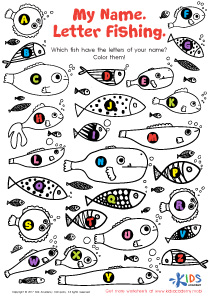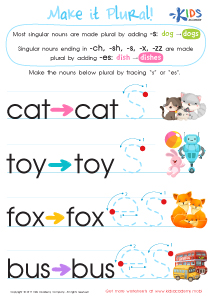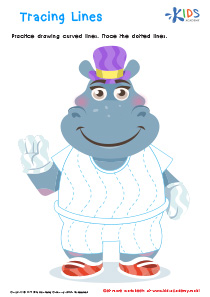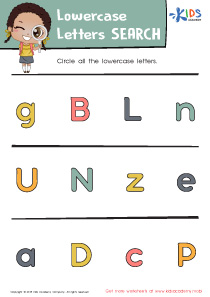Letter recognition Easy Alphabet Worksheets for 8-Year-Olds
5 filtered results
-
From - To
Enhance your 8-year-old's letter recognition skills with our engaging Easy Alphabet Worksheets! Designed specifically for young learners, these worksheets provide a fun and interactive way to Master the alphabet. Featuring visually appealing exercises, kids will enjoy tracing, identifying, and matching letters to foster their understanding. Our easy-to-follow activities cater to various learning styles, ensuring every child can develop confidence in their literacy skills. Whether for classroom activities or homeschooling, these worksheets are perfect for practice and reinforcement. Set your child on the path to reading success and make learning the alphabet enjoyable with our creative resources!
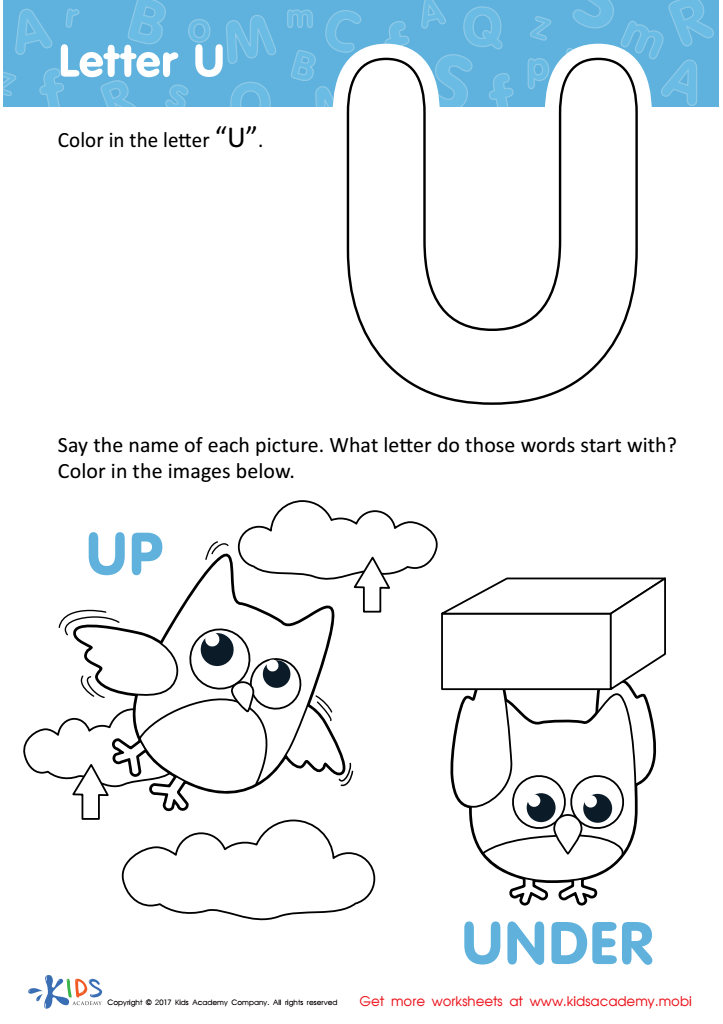

Letter U Coloring Sheet
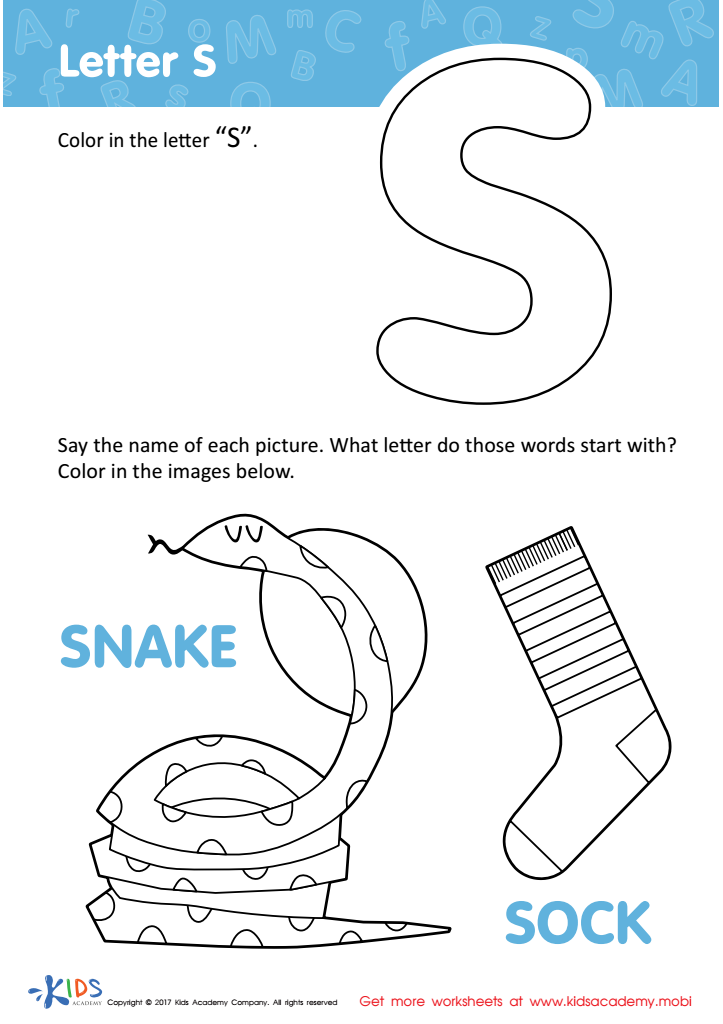

Letter S Coloring Sheet
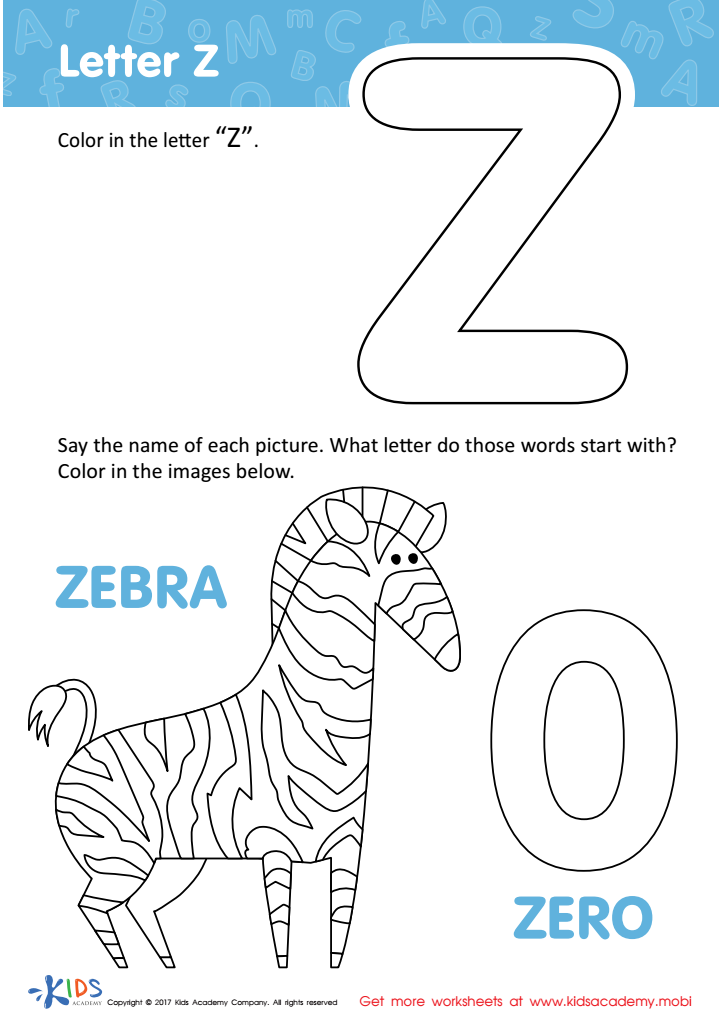

Letter Z Coloring Sheet
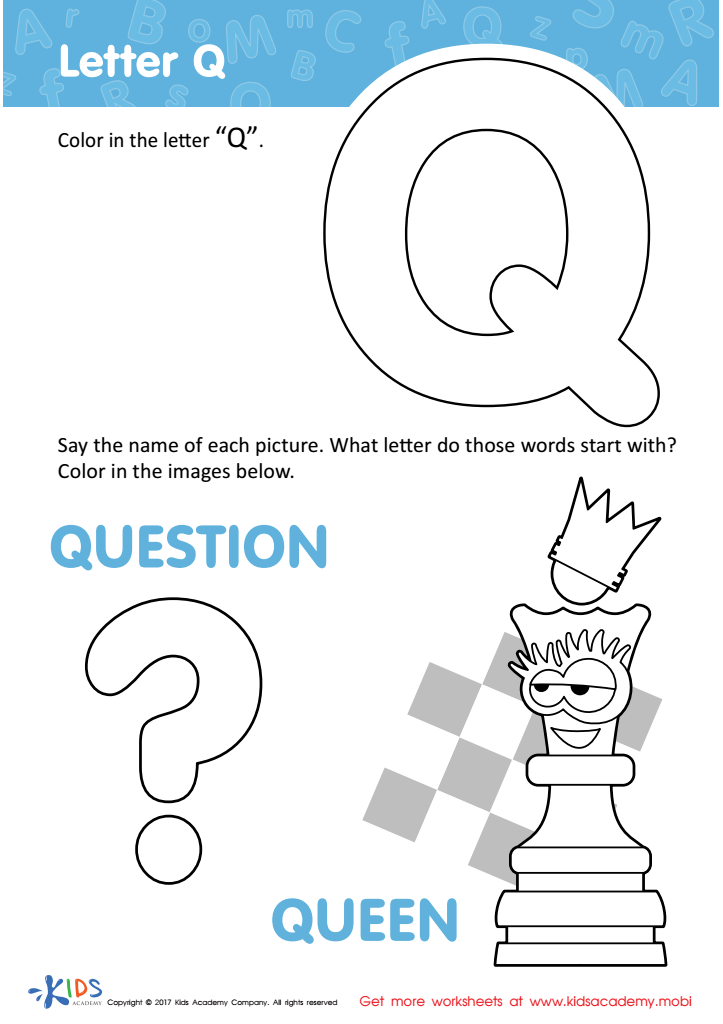

Letter Q Coloring Sheet
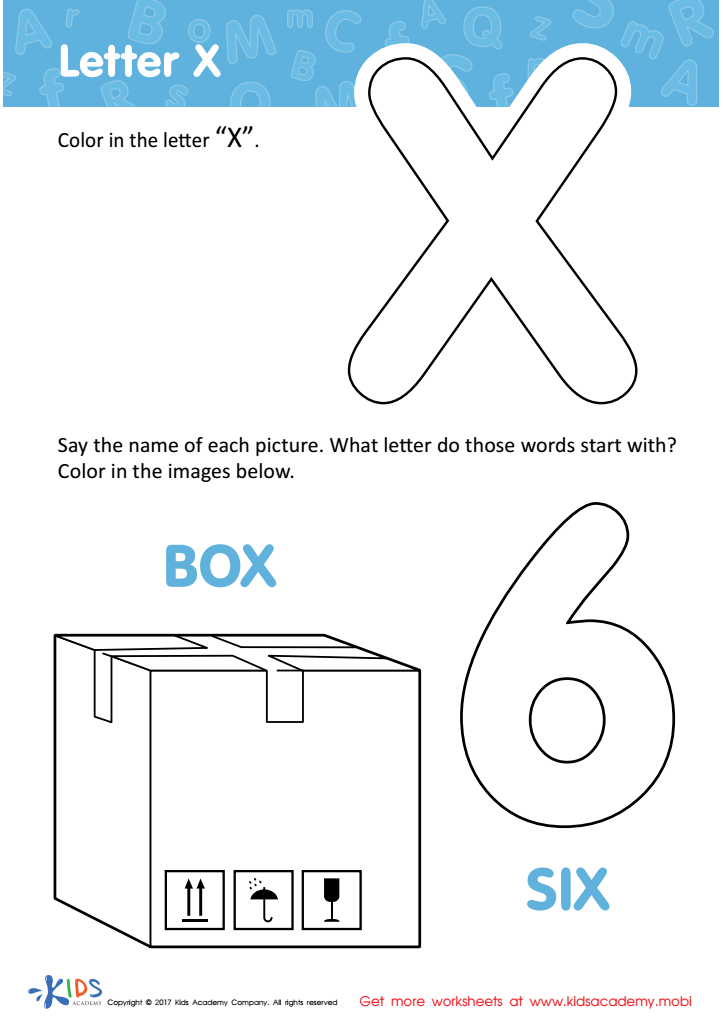

Letter X Coloring Sheet
Letter recognition is a foundational skill crucial for the literacy development of 8-year-olds. Parents and teachers should care about helping children master this skill as it directly impacts their reading and writing abilities. At this age, children begin to connect letters with sounds, enunciating words, and forming sentences. A solid understanding of the alphabet greatly enhances their phonemic awareness, which is important for decoding new words.
Moreover, recognizing letters helps build confidence as children engage with texts. If children struggle to identify letters, it can lead to frustration and a negative attitude towards learning. By fostering letter recognition through games, songs, and engaging activities, adults can create a positive learning environment. When literacy skills are nurtured, children demonstrate improved comprehension and enhanced communication capabilities, fundamental skills for academic success.
Additionally, letter recognition ties into cognitive development, as it encourages problem-solving and critical thinking when children are taught to analyze sounds and structures of words. Therefore, prioritizing letter recognition can lay the basis for lifelong reading enjoyment and academic achievement, making it essential that both parents and teachers actively engage in supporting this critical area of development.
 Assign to My Students
Assign to My Students









